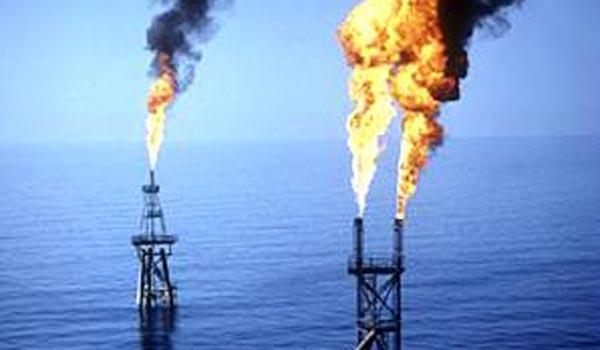For example, at the end of August, Egypt signed a gas pipeline contract with Cyprus to connect the Cypriot gas field to Aphrodite with the Egyptian coast, but the project needs to secure funding to be ready by 2020.
This is a simple step in the context of Egypt's endeavor to take advantage of the huge discoveries of natural gas in the eastern Mediterranean in the last decade.
Among the factors eligible for Egypt to achieve its goal as a center of natural gas: the enormous infrastructure and the large consumption market, which makes any project to develop natural gas production economically.
The report reviews the relapse of the Egyptian strategy in recent years, pointing to the reform measures that the government has followed since 2014 to restore the initiative again.
In the middle of the past decade, Egypt became a source of gas following a series of maritime discoveries, bringing its exports to 20 billion cubic meters in 2009. Exports took the decline with the decline in investments and exploration and production operations.
By 2015, two gas liquefies and pipeline were closed to Israel, to become Egypt once again a gas importer and not a source of it.

Observers believe that the main obstacle to Egypt's invading ambitions are support levels of consumption of natural gas locally.
Since 2008, Egypt has proven the price of gas at $ 2.65 per million British thermal units, a price that suits the local consumer, but it constitutes an obstacle to the entry of foreign investments in the sector.
The reforms made by Egyptian President Abdel Fattah El -Sisi began to change the payments of companies for natural gas in 2014.
The consumers for gas for industry purposes have become the price of $ 7 per million units, and the government began to pay its debts to energy companies, amounting to 6.3 billion dollars in 2013.
With the discovery of the back field, the Egyptian government agreed with the Italian company Eni to pay between 4 and 5.88 dollars per million units, which made Eni rush to the field development operations to start producing 10 billion cubic meters next year, and 28 billion cubic meters when completing its second phase.In 2019.
BP also started developing two projects in the Nile Delta in Egypt and accelerating its 12 billion dollars, and it is supposed to add 12.4 billion cubic meters from the West Nile Delta and 3.1 billion cubic meters from the Atole project.
However, the Stratfor report does not expect Egypt to restore its previous position as a source and develop its exports in light of the increase in local consumption that will absorb most of the new production.
Rather, there is an advantage for Egypt in the availability of its gas liquefied facilities and the speed of developing its marine fields more than Israel and Cyprus.
Therefore, the Nobel Energy Company, which has been developing the Tamar field and the Levichan Maritime field, began consultations with Egypt and Jordan to expand its activities in light of administrative and bureaucratic obstacles facing it in developing Israeli projects.